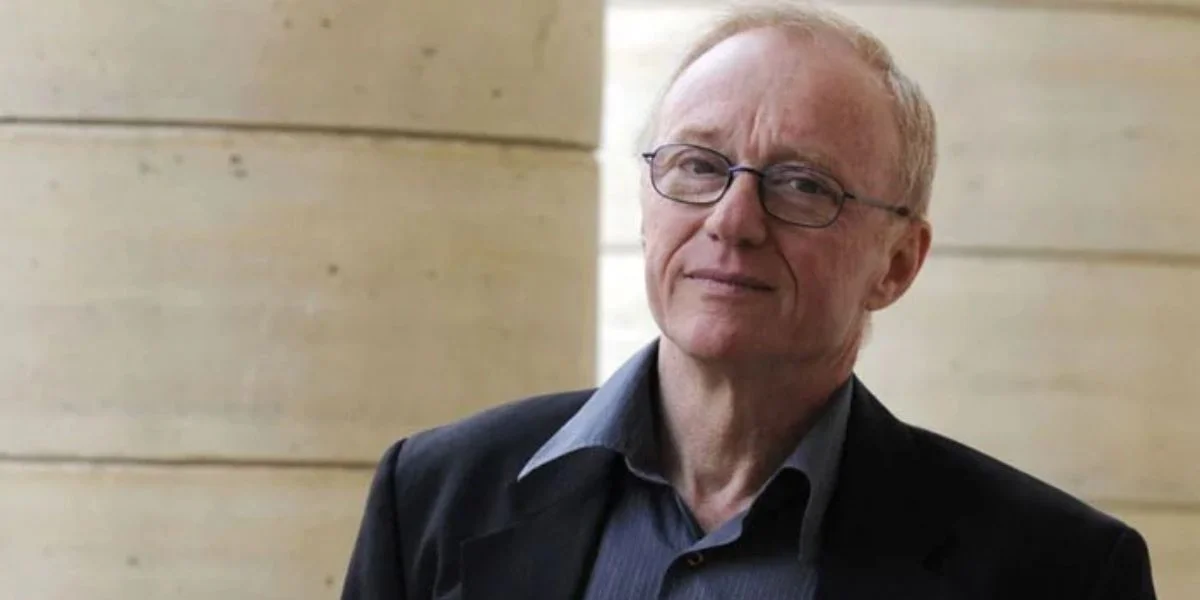Israeli Author Grossman Calls Israel’s Actions in Gaza ‘Genocide’
Islamabad: Prominent Israeli author and peace advocate David Grossman has shocked many by labeling Israel’s actions in Gaza as “genocide.”
Grossman, known for his critical stance on the Israeli government, stated that he had long avoided using this term but felt compelled to do so after seeing the harrowing images and hearing accounts from those directly affected by the ongoing violence in Gaza.
Grossman spoke with deep emotional pain, telling La Repubblica, an Italian newspaper, that he was using the term “genocide” with a “broken heart.
” He described the word as powerful and destructive, saying, “Once you say it, it gains momentum and causes more pain.
” His comments come amid rising international concern about the humanitarian crisis in Gaza, where reports of widespread starvation and suffering are emerging.
For years, Grossman resisted using the term “genocide” to describe Israel’s military operations in Gaza.
He explained that, given the historical weight of the word, he had been hesitant to apply it to the situation. However, after witnessing the atrocities firsthand and hearing testimonies from people in Gaza, Grossman felt that he could no longer avoid using the term.
His words reflect a shift in his perspective, showing the depth of his dismay at the ongoing violence and its impact on innocent lives.
The Israeli author acknowledged the difficulty of reconciling the terms “Israel” and “famine” together, given the country’s own history of the Holocaust and its alleged commitment to human rights.
He stated that this was a “devastating” realization for him, underscoring the moral crisis at the heart of the situation.
David Grossman has long been a vocal critic of Israel’s government and its treatment of Palestinians .
Known for his advocacy of peace and reconciliation, Grossman’s literary works often address themes of conflict, suffering, and the need for dialogue.
His outspokenness on these issues has made him a respected yet controversial figure within Israel and the wider international community.
Grossman’s condemnation of Israel’s actions in Gaza is not just an isolated criticism; it forms part of his broader concern about the ongoing Israeli-Palestinian conflict.
His call for peace is rooted in a belief that both sides need to recognize each other’s humanity and work toward a fair and lasting resolution to the conflict.
The term “genocide” has also been adopted by several human rights organizations, including prominent Israeli groups, as they raise alarms over the mounting casualties and destruction in Gaza.
As the death toll rises and the suffering intensifies, the international community has been increasingly vocal in its condemnation of the violence.
The situation has sparked protests and debates around the world, calling for an immediate cessation of hostilities and greater efforts to protect civilians.
Grossman’s use of the term “genocide” adds to the growing chorus of voices demanding accountability for the actions in Gaza.
Whether his words will have any impact on the policies of the Israeli government remains uncertain, but they have certainly brought attention to the moral and humanitarian aspects of the conflict.


Comments are closed.